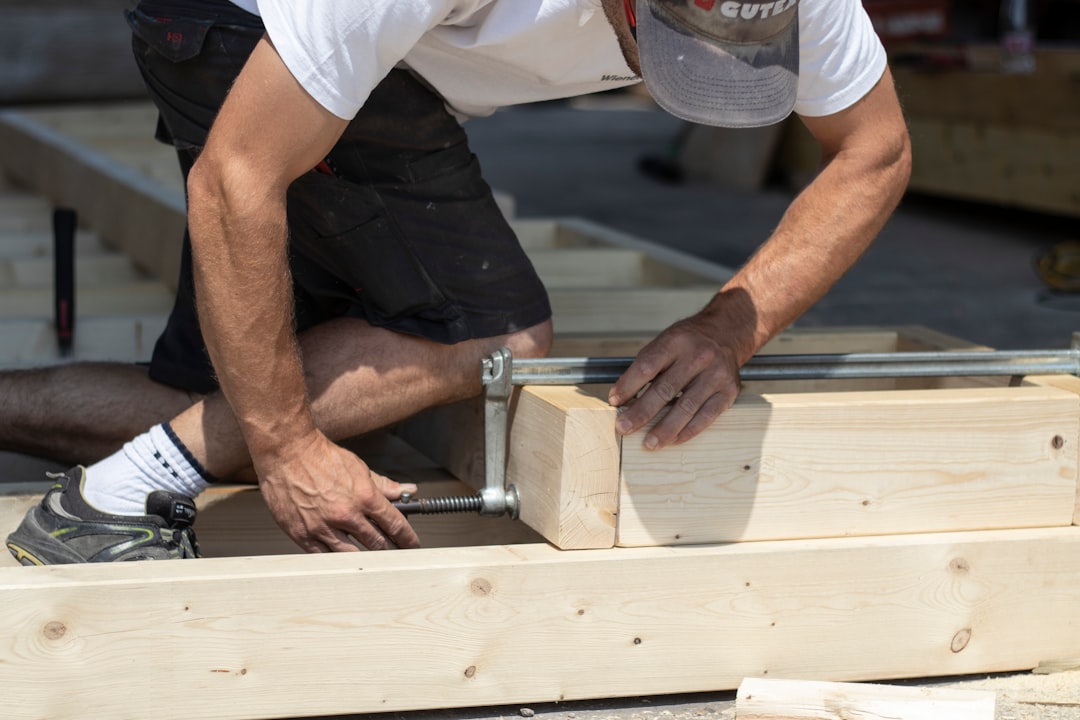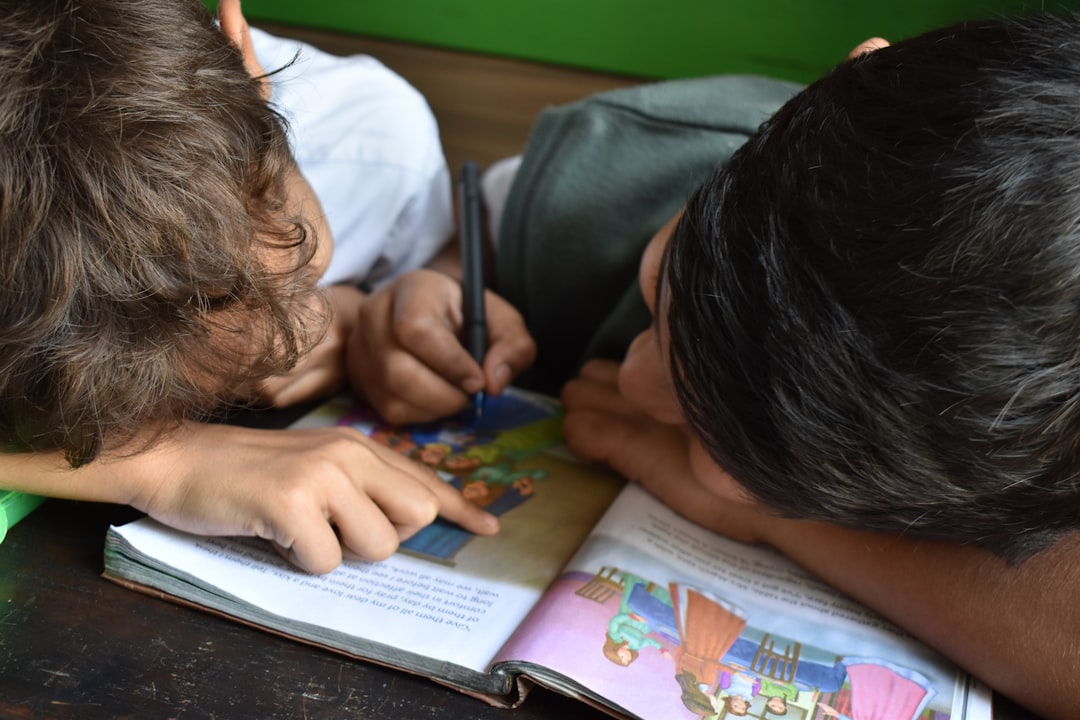What is it about?
This research demonstrates that being open to communicating one's conflict experiences can have positive impacts on social cohesion after genocide. Our findings also suggest that the positive association between openness to communicating conflict experiences and willingness to socially integrate does not differ for survivors and non-survivors. However, survivors tended to enter the dialogue-based programs significantly less open to communicating conflict experiences and less willing for social integration compared to non-survivors, yet grew significantly more open and willing over the course of engaging in structured dialogue.
Featured Image

Photo by Ricardo Fontes Mendes on Unsplash
Why is it important?
These findings contribute to a growing body of research investigating the factors that increase willingness to engage in future intergroup contact, extending this work to a post genocide context. Our field study also begin to shed light on processes through which people might become open to communication about conflict experiences in post genocide contexts. When group members are distrustful of outgroup members, they may become less willing to be open, honest, and genuine during cross-interactions to avoid having their trust betrayed. Given that the betrayal of trust that occurred during the genocide was more severe for survivors compared to nonsurvivors, the processes of rebuilding trust and openness to communication about harms experienced may understandably differ for survivors and nonsurvivors.
Perspectives
Even after genocide, where divergent collective narratives are common and deeply connected to traumatic experiences, an openness to communicating conflict experiences can meaningfully and positively impact a community.
Trisha Dehrone
University of Massachusetts Amherst
Read the Original
This page is a summary of: Coming together after genocide: How openness to communication about conflict experiences shapes willingness for social integration in post genocide Rwanda., Peace and Conflict Journal of Peace Psychology, August 2022, American Psychological Association (APA),
DOI: 10.1037/pac0000625.
You can read the full text:
Contributors
The following have contributed to this page










